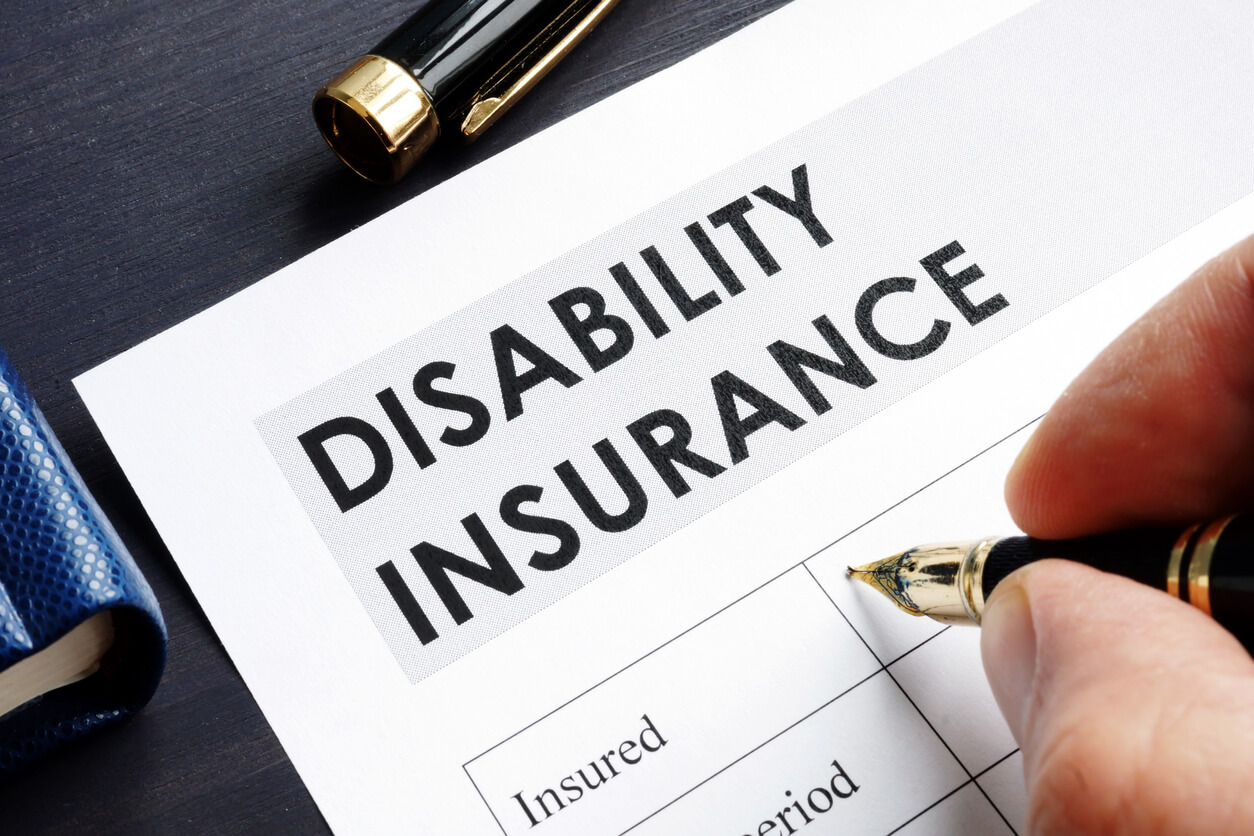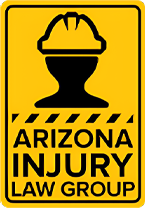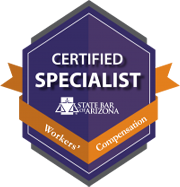What Does Long Term – Short Term Disability Insurance Mean? Why You Should Always Get Both

Workers’ compensation pays for injuries and illnesses that occur on the job. But you can be injured in a car accident or come down with some illness that puts you out of work, which is not related to work. If either of these events happens to you, you will be glad you accepted long-term – short-term insurance payments when you began working at your job.
WHEN YOU START A NEW JOB
When you start a new job, you may have a waiting period before you can sign up for the company’s health insurance plans. Furthermore, you may need to be a full-time employee to get full health insurance, although some companies offer health plans to part-time employees too.
Two of the plans you will be offered are long-term and short-term disability insurance. Many companies allow you to opt out of such insurance but do not do it. You should always get both even though it takes a bit more money out of your weekly paycheck.

Do not confuse this as the workers’ compensation you get if you are injured or become ill, and that it will cover you in all these instances. Workers’ compensation is an entirely different insurance program meant only for workplace injuries and job-related illnesses.
SHORT-TERM DISABILITY INSURANCE
You may suddenly become ill and need to be rushed to the hospital where you find that the pain in your lower side is your appendix deteriorating or bursting. You will need immediate life-saving surgery. When that is over, you will need time to recover from the operation. It may be several weeks or even longer, depending on your health, age, and other issues at the time the surgery took place. During this time, you will be put on short-term disability insurance, which pays nearly two-thirds of your regular weekly salary. You may have a waiting period of up to two weeks before you see a check come in. But it is far better than not having any financial protection at all.
LONG-TERM DISABILITY INSURANCE
When you are first injured (car crash) or ill in some way, unrelated to your workplace, you will first be on short-term disability insurance for three to six months. When that runs out, and you are still unable to return to work, you are put on long-term disability insurance, which continues to pay two-thirds of your salary.
Depending on your situation, you may collect these payments from two to ten years, unless you turn 65 years old (or your adjusted retirement age) at that time. Always check with your human resource manager or liaison officer to make sure you know what each of these plans will do for you and for how long. You will need a medical review from your supervising doctor who can state what your condition is and who can provide all the medical data necessary for evaluation.
PROTECT YOURSELF AND YOUR FAMILY
Your healthcare in all the forms that your employer can provide to you is essential to living a good life, or at least having some security should you become seriously ill or injured. Never skimp on your health, even if you feel that you are very healthy or that it is unlikely that you could have an accident. Life has a way of twisting and turning things into unexpected outcomes. Be prepared as best as you can manage.
If you need help with a workers’ compensation claim or need to talk with us about getting more help, call us at once for a consultation. (480) 300-7273.
Get Help Today
Call Immediately For A Free, No Obligation Consultation And Let Us Help You Put Your Life Back On Track. Let Us Help You
Regain Normalcy And Stability Again. We Want To Help You Get The Benefits You Need And Deserve!


